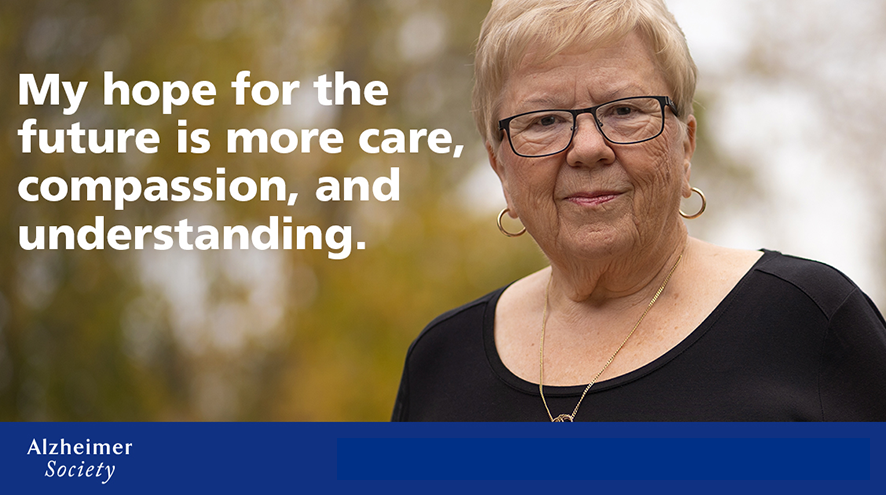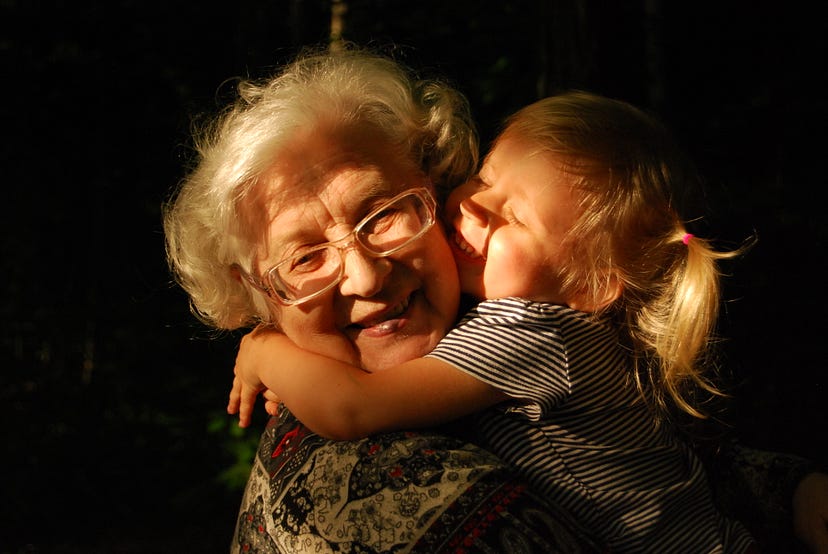Dementia is a progressive condition that affects an individual’s cognitive abilities, behavior, and communication skills. As a caregiver, understanding the stages of dementia and what to expect as the condition progresses can help you provide the best possible care and support for your loved one.
In the early stages of dementia, individuals may experience mild cognitive impairment (MCI), which can manifest as forgetfulness or difficulty with problem-solving. At this stage, people with dementia may still be able to live independently, but may require some assistance with daily tasks and decision-making. It is essential to maintain open communication, provide reassurance, and encourage independence while offering support when needed.
As dementia progresses into the moderate stage, individuals may experience increased memory loss, confusion, and difficulty recognizing familiar faces and places. They may also struggle with language, have difficulty following conversations, and exhibit changes in mood and behavior. Caregivers should be prepared to provide more supervision and assistance with daily tasks, such as dressing, bathing, and meal preparation. It is crucial to create a safe and structured environment, establish routines, and simplify tasks to minimize frustration and confusion.
In the later stages of dementia, individuals may become increasingly dependent on others for their care. They may lose their ability to communicate verbally, experience significant memory loss, and have difficulty controlling their movements. At this stage, caregivers must focus on providing comfort, maintaining dignity, and addressing any physical needs, such as managing pain or preventing bedsores. It is important to engage with your loved one using non-verbal communication, such as touch or eye contact, and to ensure they receive appropriate medical care.
Throughout the progression of dementia, caregivers should be mindful of their own well-being. It is vital to seek support from friends, family, or professional services, and practice self-care to manage the emotional and physical demands of caregiving.
In conclusion, understanding the stages of dementia and what to expect as the condition progresses can help caregivers provide tailored care and support for their loved ones. By maintaining open communication, promoting independence, and addressing changing needs, caregivers can help individuals with dementia live a more comfortable and dignified life. Remember to prioritize your well-being and seek support when needed, as caregiving can be both challenging and rewarding.



